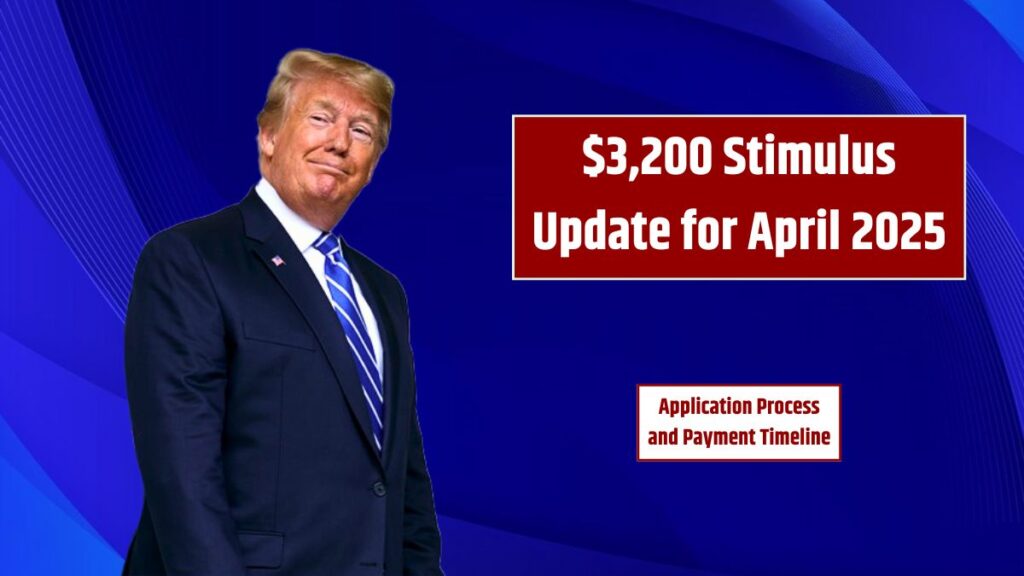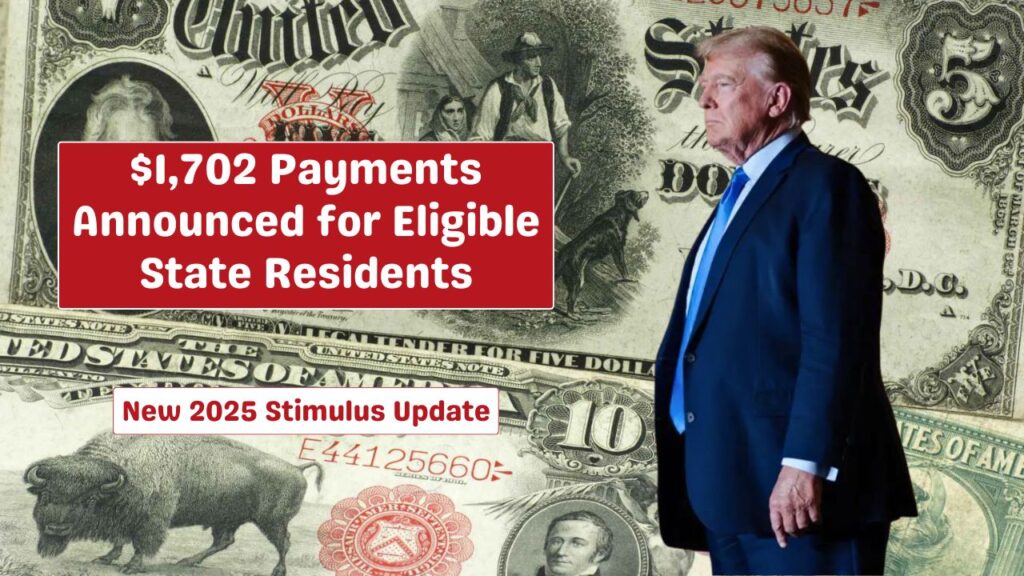Reports of a $2,600 stimulus payment for senior citizens have been making rounds on social media, generating confusion and concern among Americans aged 65 and over. These claims suggest that this payment is designed to assist seniors, disabled individuals, and the blind with rising living costs and ongoing pandemic-related challenges. However, these assertions are entirely false. No such measure has been announced or approved by the U.S. government or any legitimate agency.
Let’s examine the origins of this misinformation, the official responses to debunk these rumors, and practical ways to identify and avoid falling for such misleading claims.
The Truth About the $2,600 Stimulus Payment Claim

The rumors of a $2,600 stimulus payment for seniors began spreading rapidly on social media platforms like Facebook and X.com (formerly Twitter). These posts often use clickbait-style headlines and fabricated narratives to attract attention. They appear credible, misleading many users into sharing the false information, which amplifies its reach.
The Origin of the Misinformation
The false claim is believed to stem from content created by automated systems or individuals aiming to generate traffic to specific websites. These articles often lack credible sources or supporting evidence but are designed to look convincing. Social media algorithms inadvertently help spread these stories by prioritizing sensational or emotionally charged content, regardless of its accuracy.
How the Misinformation Spread
Once these fabricated stories are posted, they are quickly shared across social platforms. Many users, especially those unfamiliar with verifying news, might accept the claims as fact, forwarding them to friends and family. This creates a ripple effect that spreads the misinformation far beyond its original source.
Official Responses to the Stimulus Payment Rumors
Government agencies and advocacy organizations have been quick to debunk the $2,600 stimulus payment claim.
Statements from the IRS
The Internal Revenue Service (IRS) has confirmed that no new stimulus payments have been authorized. According to the IRS, all Economic Impact Payments under COVID-19 relief measures have already been disbursed. They urge the public to rely on the IRS website for accurate and up-to-date information regarding any financial assistance programs.
Clarifications from AARP
The AARP, which advocates for older Americans, has also dismissed the rumors. They warn seniors to avoid engaging with posts or websites promoting the false claim and to rely only on trusted sources for information. AARP also advises against sharing unverified information, which could contribute to the spread of misinformation.
How to Identify and Avoid Misinformation
In an era where misleading information spreads at lightning speed, developing critical skills to spot falsehoods is vital. Here are some practical tips:
1. Verify Through Official Sources
Before acting on any financial claims, consult official government websites like irs.gov or the Social Security Administration’s website. These platforms provide reliable updates on government programs.
2. Be Skeptical of Sensational Headlines
Claims that sound “too good to be true,” especially those promising large sums of money with minimal evidence, should raise immediate red flags.
3. Use Trusted Fact-Checking Platforms
Websites such as FactCheck.org, Snopes.com, or the Associated Press’s fact-checking service can help verify the validity of viral claims.
4. Avoid Sharing Unverified Information
Even well-meaning individuals can inadvertently contribute to misinformation by sharing content without verifying its authenticity. Always double-check the facts before spreading the word.
5. Educate Yourself on Common Scams
Scammers often prey on vulnerable groups like seniors, using fake government announcements or promises of financial aid to gather personal information. Being aware of these tactics can help you avoid falling victim.
Conclusion
The rumors surrounding a $2,600 stimulus payment for seniors are entirely false, created and spread to mislead the public. Both government and reputable organizations have clarified that no such payment has been authorized. By staying informed and vigilant, you can protect yourself and others from falling for such misinformation. Relying on credible sources, fact-checking claims, and avoiding the spread of unverified news are key steps toward fostering a more accurate and trustworthy information ecosystem.
FAQs
Has the government announced any new stimulus payments for seniors?
No, there are no new stimulus payments approved for seniors or any specific group at this time.
Where can I find reliable updates about stimulus payments?
You can visit official websites such as irs.gov or trusted organizations like AARP for accurate information.
Why do false claims like this spread so quickly?
Social media algorithms prioritize engaging content, and sensational headlines often attract clicks and shares, even if the information is false.
What should I do if I see misinformation online?
Avoid sharing the content, report it to the platform, and refer to credible sources to clarify the facts.
Can I report scams related to false financial claims?
Yes, you can report scams to the Federal Trade Commission (FTC) via their website at reportfraud.ftc.gov.

















